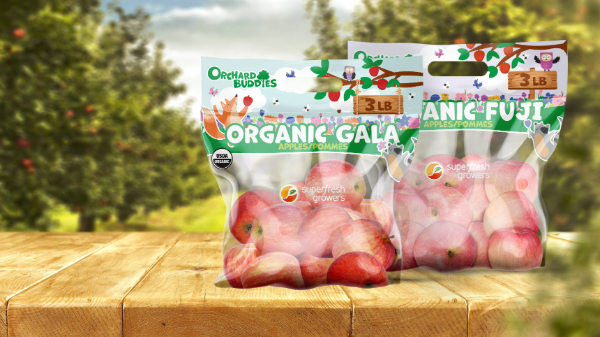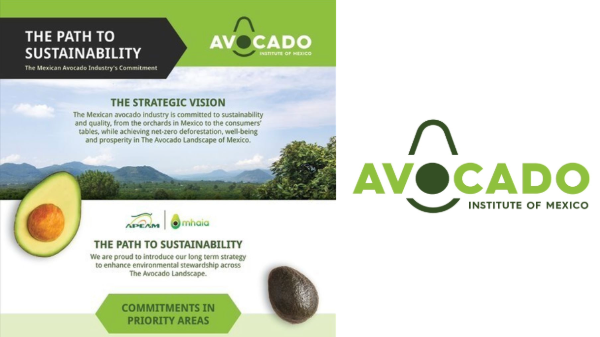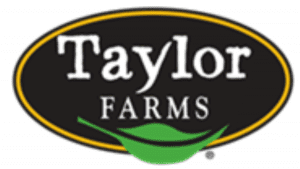Welcome to Blue Book!
Are you ready to join the thousands of companies who rely on Blue Book to drive smarter decisions? View our plans and get started today!
Still have questions? We’d love to show you what Blue Book can do for you. Drop us a line– we’ve been waiting for you.

“It’s not just a straight path upward,” comments Means. There are definitely “hills and valleys” to sustainable practices, but such measures do benefit growers in efficiency and knowing they have implemented a program for the greater good. “For the folks who have done it, they say it pays off for them. It’s the right thing to do for business.”
Sustainable Business Operations
No one has ever really asked Nando Gonzalez to define the word “sustainability,” but if you ask him to share some examples from his family’s business, he can do so with ease. “We wanted to be cognizant of what type of ‘carbon footprint’ we were leaving behind with our trucks,” he explains, so River City Produce Company, Inc. in San Antonio, TX began to take a closer look at shipping routes to conserve fuel. To do this, Gonzalez says the company started buying from local and regional suppliers whenever possible, instead of sourcing produce from further west or east.
The company also began a recycling program several years ago. “We bought a baler so we bale a lot of our cardboard boxes,” Gonzalez says. Additionally, distressed produce goes into a trailer in the warehouse and is hauled to a composting complex instead of going to the landfill. “Being a wholesale distributor, you have shrink,” he says, but recycling and sustainable initiatives have “made us a better company. Does it cost more? Absolutely, but in the long term, it’s the right thing to do. We’re dealing with Mother Earth; if we pollute her, take advantage of her, not give back, it’s going to catch up with us eventually.”
Further he says, “Sure you want to be profitable and continue in business, but you also have a certain amount of responsibility to teach future generations. If we can set an example,” he notes, “and other companies follow suit, then everyone along the supply chain can do it together, setting an industry standard.”
Other ways businesses can reduce their carbon footprint include harnessing natural energy sources like the wind and sun, using reusable plastic containers (RPCs) instead of wood pallets or cardboard boxes, supplementing traditional over-the-road trucking with rail, and trying hybrid or natural gas-powered engines in trucks or tractors.
Sustainable Community Investment
Many businesses practice sustainability by investing in the social and economic welfare of the communities in which their operations are located, including all of their growing and production regions.
Means relates an example from a produce company outside of the United States. To help retain the best possible workers, this particular company built a daycare center, a church, and amenities like a pool for the community. Other examples include the well publicized donation of salad bars to schools, or delivering leftovers from conventions and entertainment events to area food banks. You need look no further than YouTube or produce or transportation websites to see the numerous ways companies are trying to be more socially responsible for their workforces and communities.
Awareness and acceptance of such initiatives, however, is still variable within the industry, says United Fresh’s Gilmer. In some situations, and perhaps most commonly among growers, these companies have quietly employed sustainable or eco-friendly practices for decades, long before it became fashionable to do so.
The next step, say both Giclas and Gilmer, is to be able to quantify the impact of these sustainable efforts. “We are convinced that our members are practicing (sustainability), but the challenge is helping them demonstrate it,” Giclas says. “I think we’ve been careful not to say ‘this operation is sustainable, this operation is not sustainable,’—because we’re trying to encourage people to start looking at their performance in a more quantitative way and continue to improve.”
Image: Oliver Hoffman/Thinkstock.








